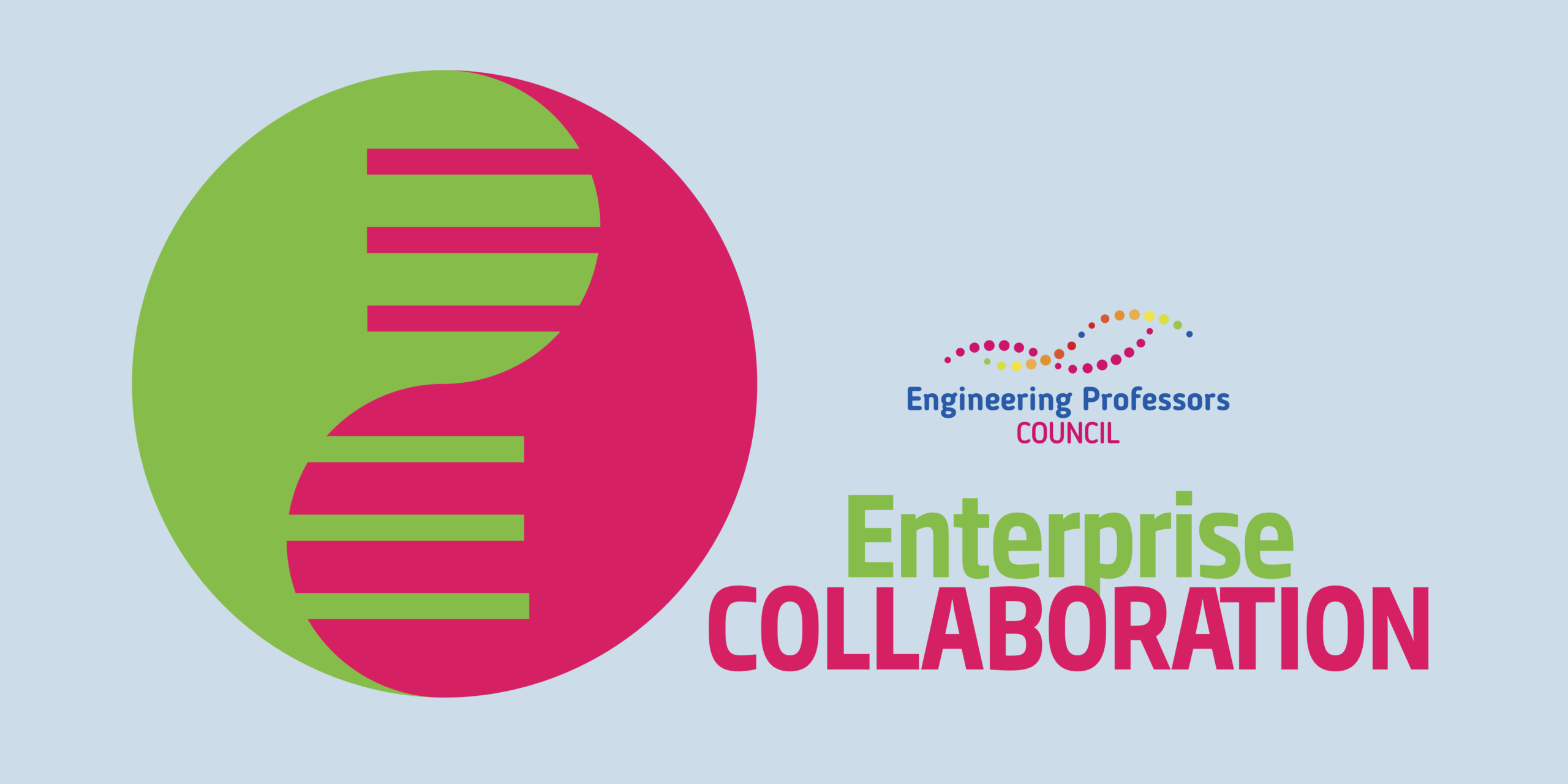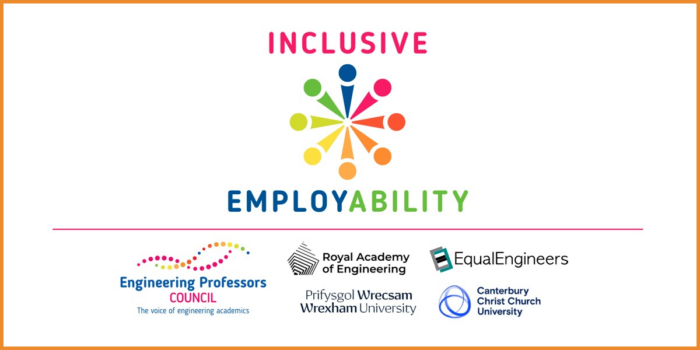Welcome to the EPC’s Enterprise Collaboration Toolkit – formerly known as the Crucible Project. Here you will find EPC’s landmark project supporting university and industry collaboration in engineering by showcasing and sharing the keys to success.
Some toolkit content is available to members only. For best results, make sure you’re logged in.
The Enterprise Collaboration Toolkit was inspired by the EPC’s landmark 2020 Annual Congress, Industry & Academia: Supercharging the Crucible, which highlighted five areas of mutual interest.
This toolkit includes case studies from a wide range of HE institutions and industry partners, focusing on these 5 themes which can all can be accessed via the links below:
- Universities’ and businesses’ shared role in regional development
- Collaborating with industry for teaching and learning
- Knowledge exchange
- Research
- Graduate employability and recruitment
These case studies are aimed at:
- Academics at all levels – whether early career staff looking for opportunities to establish a network or senior leaders who want to extend the role of industry partnerships in their strategy or who want to improve graduate employment outcomes.
- Managers in industry looking to establish links with academics to boost research, development, innovation and talent pipeline.
- Policy-makers and sector agencies with an interest in industry and academia working more closely for the benefit of the economy, society and regions.
Advisors and contributors
In 2021 the EPC called for case study contributions to build this toolkit to help our members forge stronger industry links by sharing experiences and developing resources. We were delighted to receive nearly 50 applications to contribute case studies, exploring one or more of the Crucible Projects five main themes. These submissions were reviewed in detail by the EPC’s Research, Innovation and Knowledge Transfer Committee (RIKT) and 25 were shortlisted to present at our very successful Crucible Project online launch event on the 16th February 2022. With over 100 attendees joining us throughout the full-day event we saw presentations of a fantastic range of the case studies now available in this toolkit. We would like to extend our greatest thanks to the RIKT committee for all their enthusiasm and hard work on this project, in addition to all those who presented at the event and/or contributed case studies to make this an extensive, and what we hope will be a very useful, resource.
More to come
This is just the beginning of the Crucible Project toolkit – this will be a living and growing resource to provide best practice examples of academic-industry partnerships to help you find research funding, place graduates in employment, create work-based learning and many other collaborations. To ensure the continuous growth of this resource, members will soon be able to contribute their own, or further case studies.
Any views, thoughts, and opinions expressed herein are solely that of the author(s) and do not necessarily reflect the views, opinions, policies, or position of the Engineering Professors’ Council or the Toolkit sponsors and supporters.




